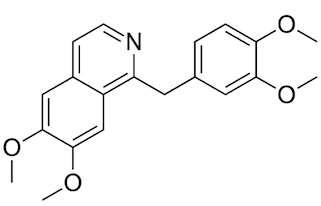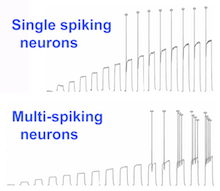Recent studies of complex brain disorders such as schizophrenia and autism spectrum disorder (ASD) have identified a few “master keys,” risk genes that sit at the center of a network of genes important for brain function. Researchers at Emory and the Chinese Academy of Sciences have created mice partially lacking one of those master keys, called MIR-137, and have used them to identify an angle on potential treatments for ASD.
The results were published this week in Nature Neuroscience.
Mice partially lacking MIR-137 display learning and memory deficits, repetitive behaviors and impaired sociability. MIR-137 encodes a microRNA, which regulates hundreds of other genes, many of which are also connected to schizophrenia and autism spectrum disorder.
By treating mutant mice with papaverine, a vasodilator discovered in the 19th century, scientists could improve the performance of the mice on maze navigation and social behavior tests. Papaverine is an inhibitor of the enzyme Pde10a (phosphodiesterase 10a), which is elevated in mutant mice.

Papaverine is a component of opium, but it has a structure (and effects) that are different from opiates.
Other Pde10a inhibitors have been tested in schizophrenia clinical trials, but the new results suggest this group of compounds could have potential for some individuals with ASD, says senior author Peng Jin, PhD, professor of human genetics at Emory University School of Medicine.
Having just the right level of MIR-137 function is important. Previous studies of people with genetic deletions show that a loss of MIR-137 is connected with intellectual disability and autism spectrum disorder. The reverse situation, in which a genetic variation increases MIR-137 levels, appears to contribute to schizophrenia.
“It’s interesting to think about in the context of precision medicine,” Jin says. “Individuals with a partial loss of MIR137 – either genomic deletions or reduced expression — could potentially be candidates for treatment with Pde10a inhibitors.”
To create the mutant mice, Jin’s lab teamed up with Dahua Chen, PhD and Zhao-Qian Teng, PhD scientists at the State Key Laboratories of Stem Cell and Reproductive Biology and Membrane Biology, part of the Institute of Zoology, Chinese Academy of Sciences in Beijing. Jin says that generating mice with a heritable disruption of MIR-137 was technically challenging, taking several years. Read more












